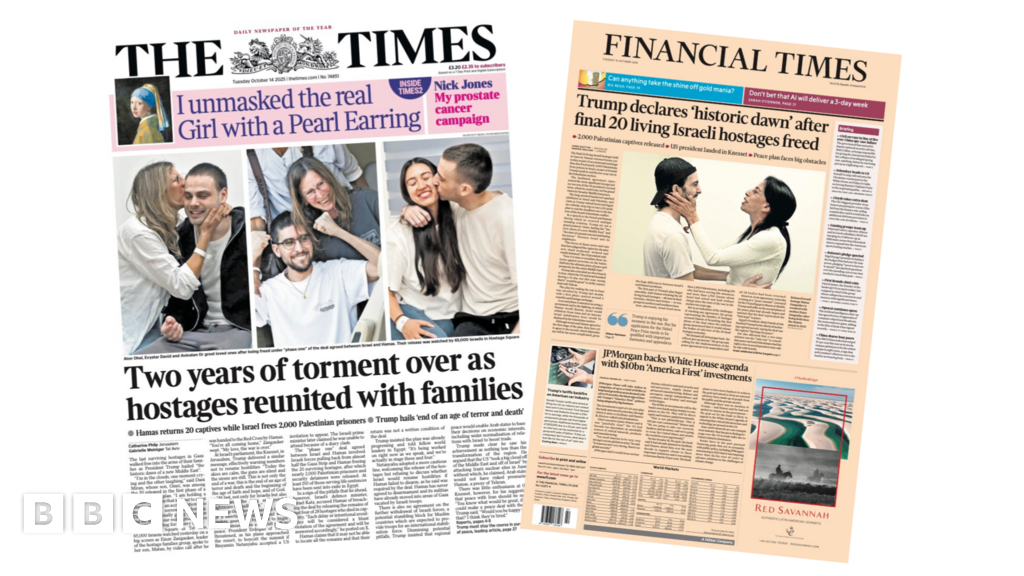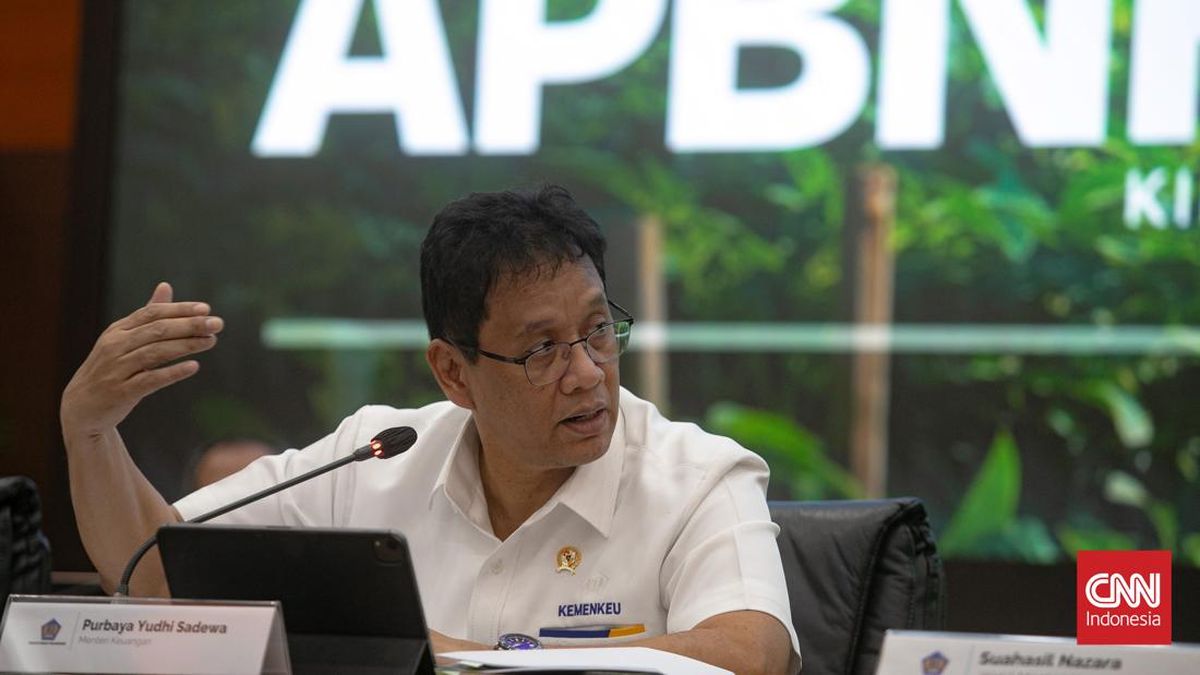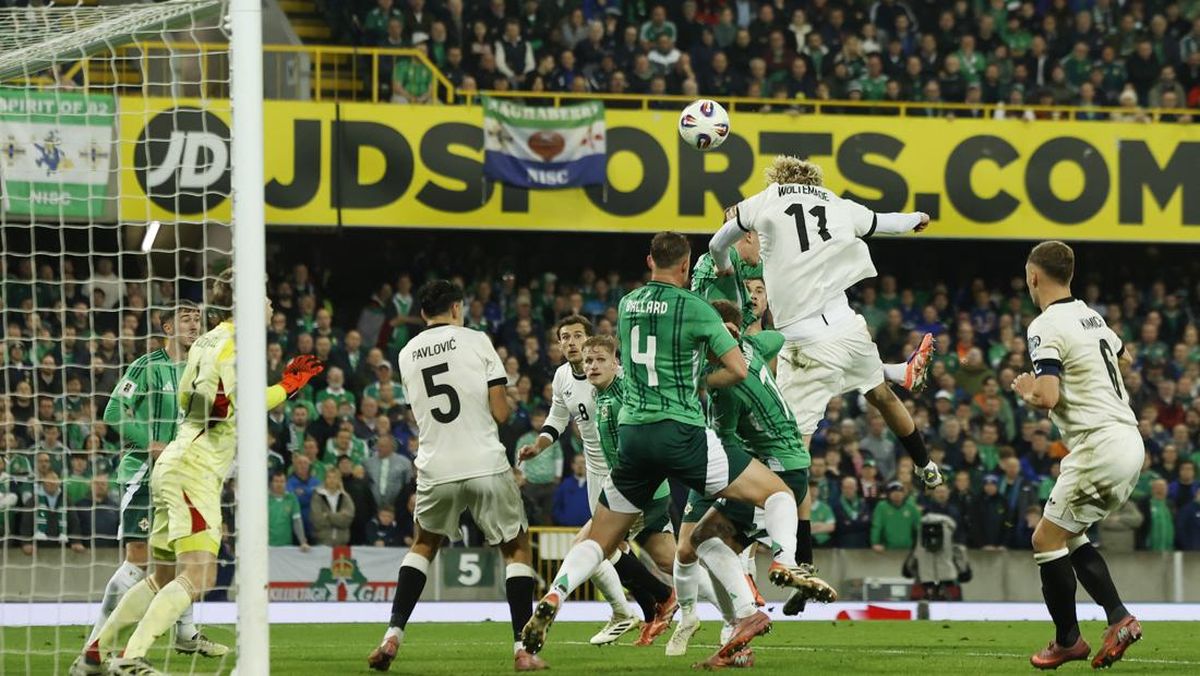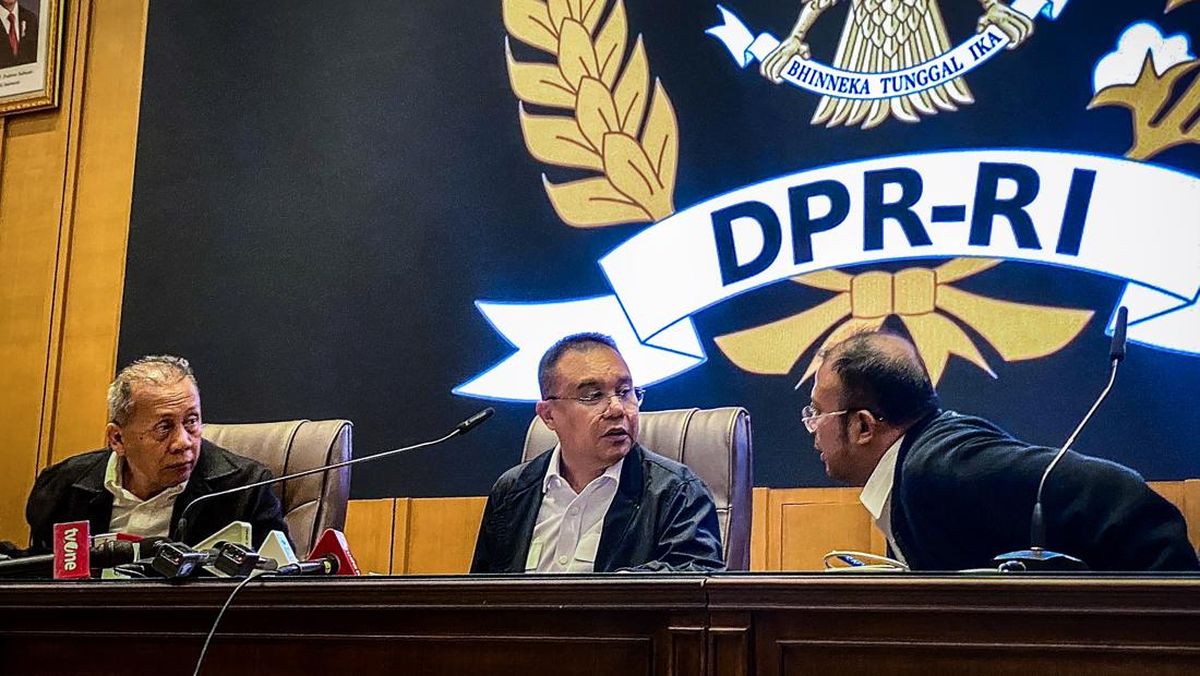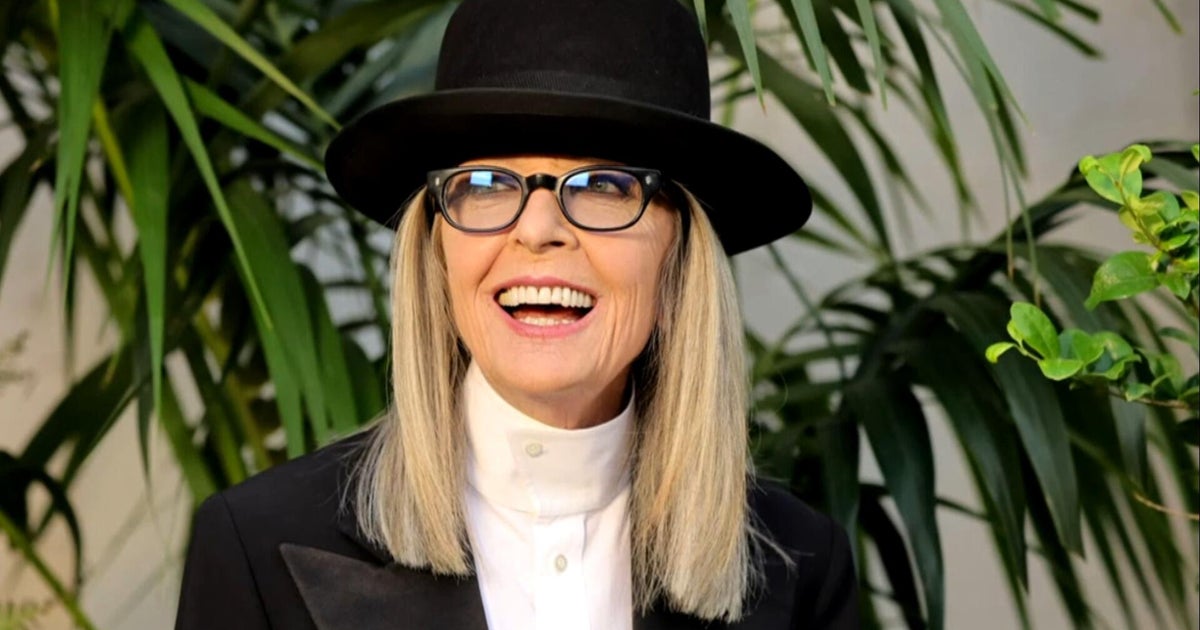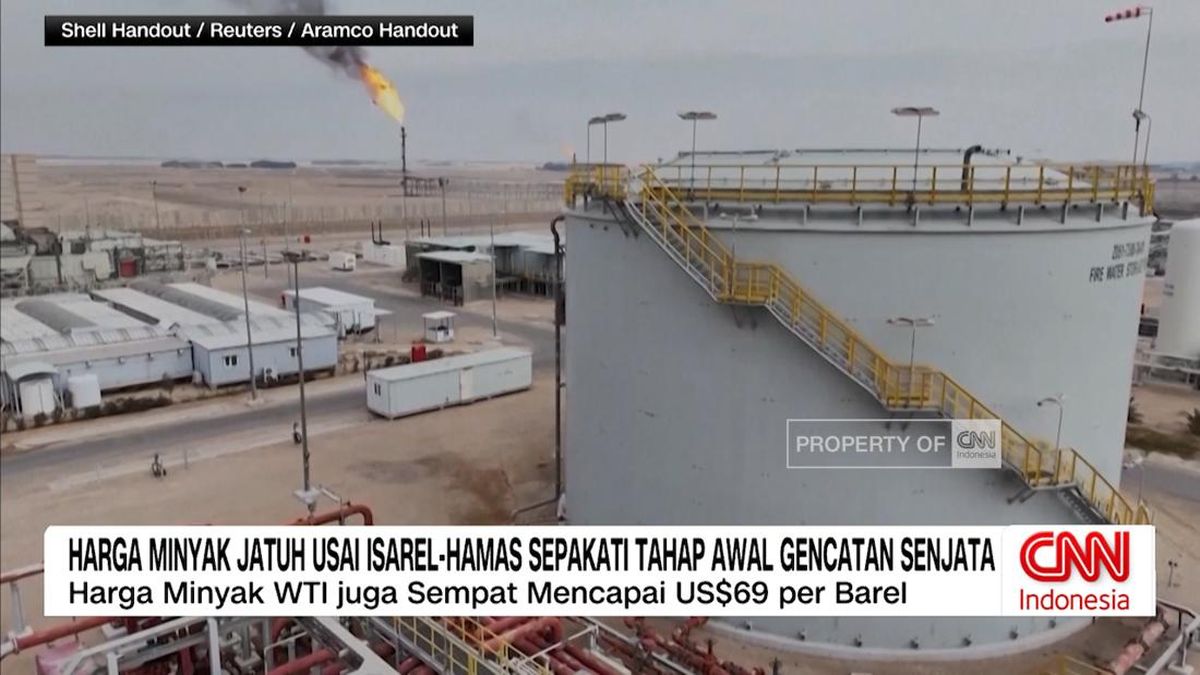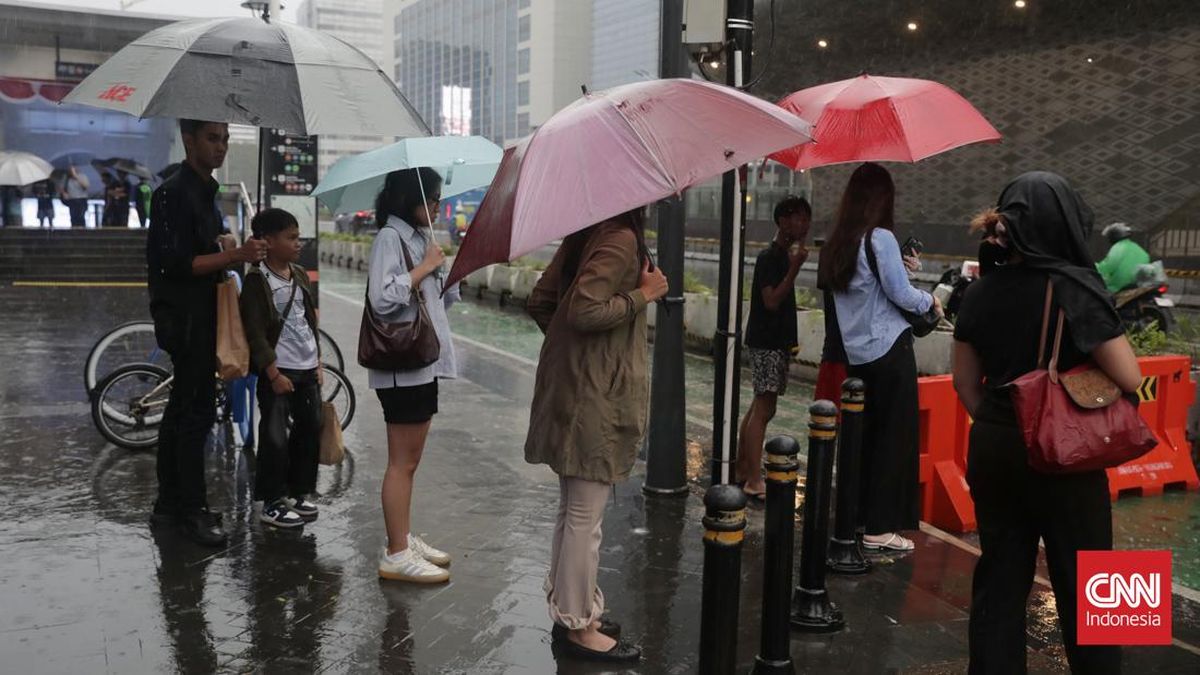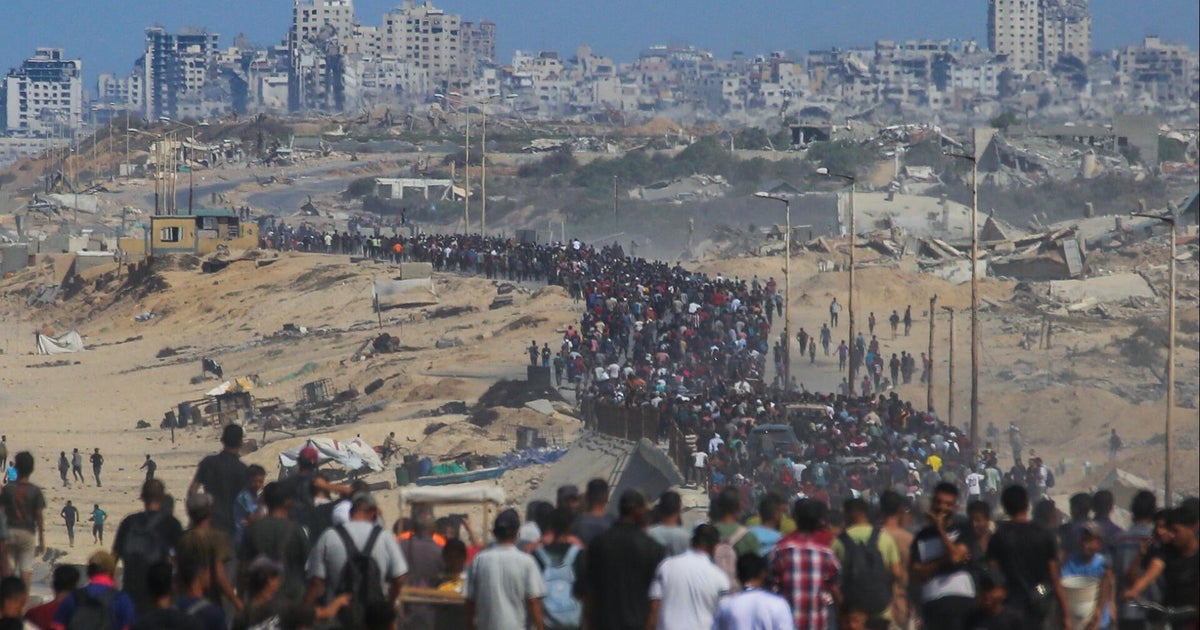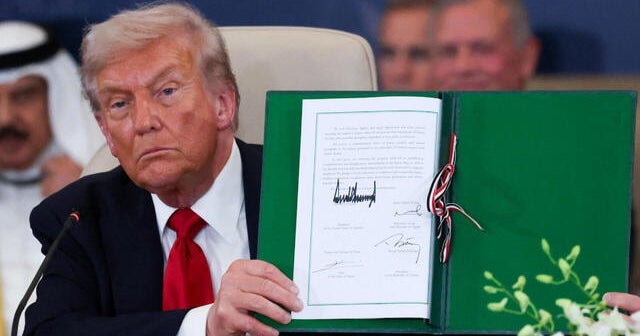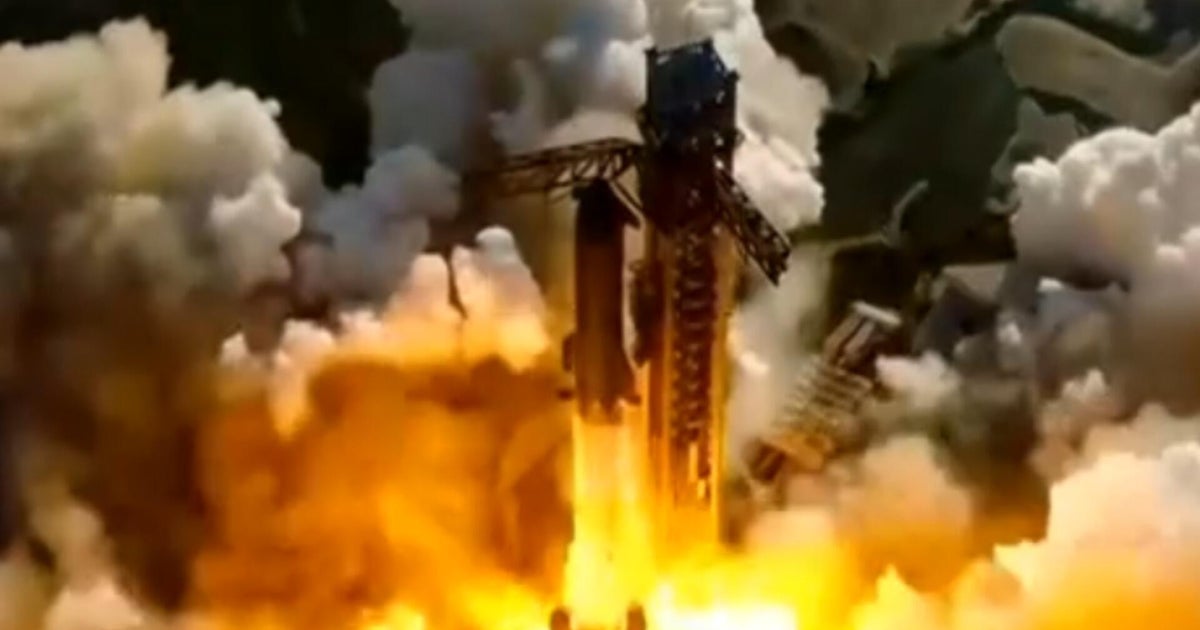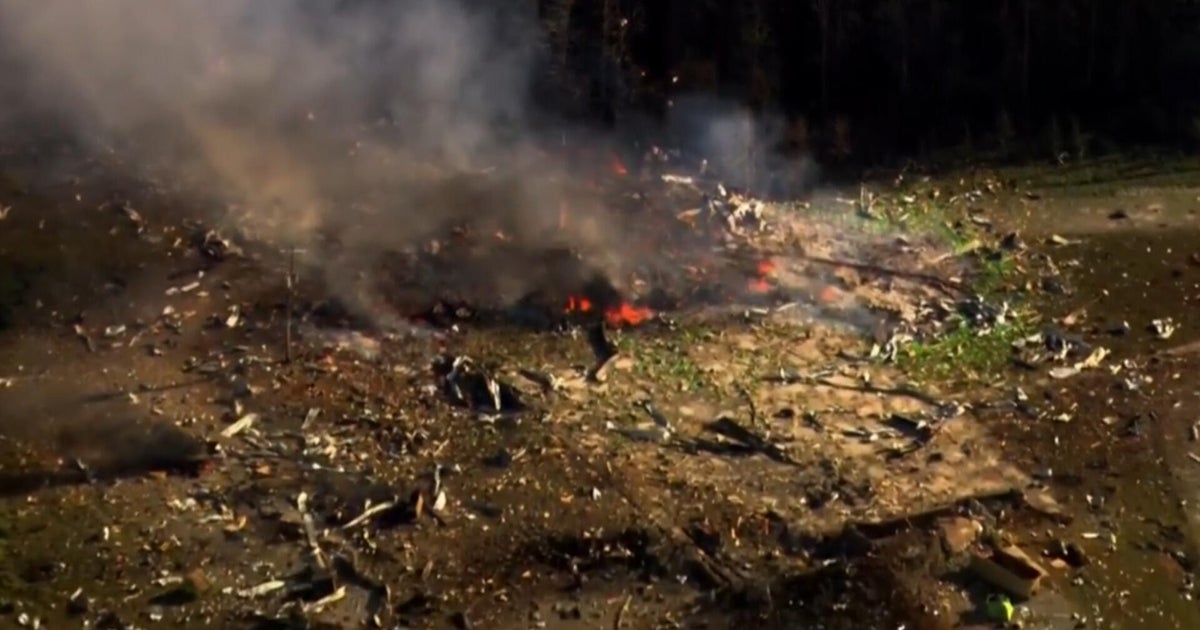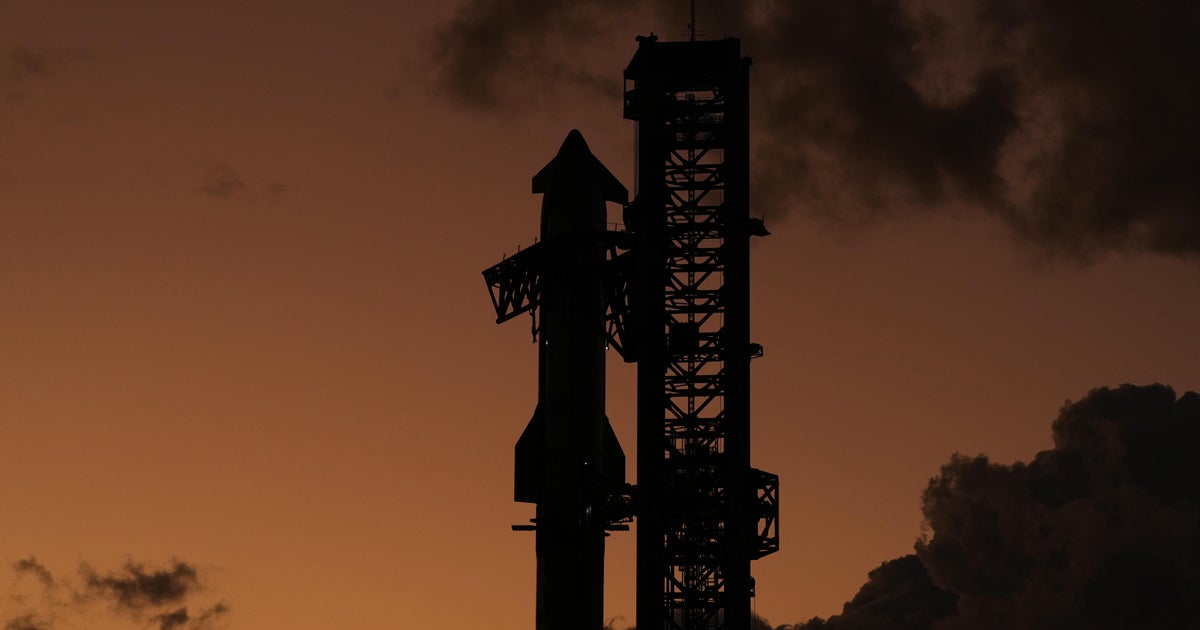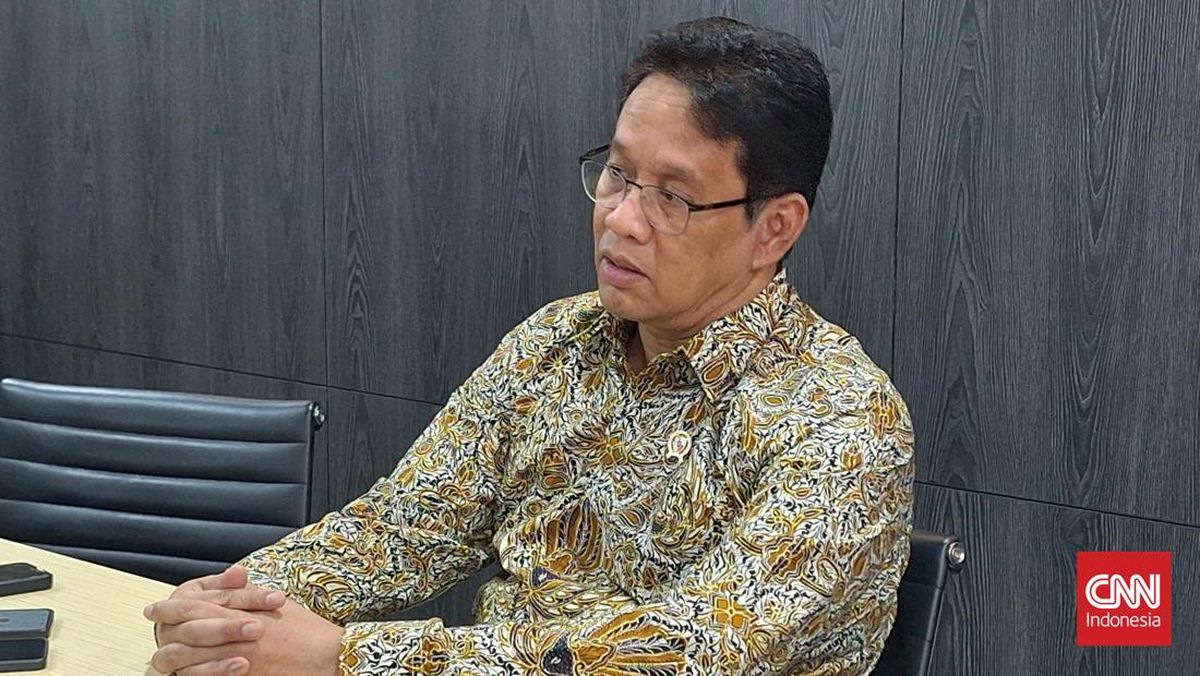In a brief on-camera meeting with Egyptian President Abdel Fattah El-Sisi, US Secretary of State Marco Rubio said October 13, 2025, was clearly one of the most important days for world peace in the past 50 years.
“Only 50?” President Donald Trump piped up. “Maybe a hundred,” Rubio offered.

Steve Witkoff, Marco Rubio and Donald Trump meet Egypt’s President Abdel-Fattah El-Sisi at Sharm el-Sheikh.Credit: AP
The light-hearted exchange spoke to an important question: what comes next? We cannot yet know if the day represented a true inflection point for conflict in the Middle East, or just another temporary break in the cycle.
Trump says it’s the end of 3000 years of fighting. We ought not let his preternatural gift for exaggeration take away from the significance of the moment: the infectious joy of the freed hostages and their families, and the people literally dancing in the streets, tell us all we need to know.
As such, a rare moment of near-unity has emerged among Trump boosters and haters. Former aide Anthony Scaramucci, a prominent critic, was one of many who gave the president kudos for the peace initiative.
Loading
“The world often mistakes our optimism for arrogance, and sometimes, they are correct,” Scaramucci said. “But underneath the boasting lies a simpler motive: the refusal to give up on man’s capacity to choose decency over despair.”
Former Democratic president Bill Clinton said Trump, Qatar and other regional actors deserved great credit for keeping all parties engaged until the deal was reached. Others highlighted the contributions of special envoy Steve Witkoff and Trump’s son-in-law, Jared Kushner.
Experts agree Trump was pivotal. Zaha Hassan, a senior fellow at the Carnegie Endowment for International Peace, says the president was eventually willing to do what Joe Biden was unable to: exert meaningful pressure on Israeli Prime Minister Benjamin Netanyahu.
“He did have to twist Netanyahu’s arm to get the ceasefire, and it wasn’t something Netanyahu necessarily wanted to do because of the [political] repercussions that he’s trying to avoid,” she says. “This time, we had President Trump saying no, the war’s over, and our patience with you has run its course.”
Author and former Brookings Institution expert Shadi Hamid said Trump’s concerted pressure on Netanyahu underlined the importance of American power, despite its problematic role in the Middle East over decades.
“It shows the US was the only party that could really bring this to an end,” he told CNN. “That wouldn’t have happened with any other country. The US is still indispensable in that way.”
Trump, who is openly seeking next year’s Nobel Peace Prize, made it clear in his address to the Israeli Knesset that he had told Netanyahu: “It’s now time.”
Effectively, Trump said he told his friend the world was losing patience with Israel, and “ultimately, the world wins”. History would be kinder to Netanyahu if he stopped the war now.
Loading
While there is no doubt that Trump is at least partly motivated by narcissism, he genuinely seems to dislike war. He noted that his early political opponents painted him as a brutal warmonger. But actually, he said, his personality was all about stopping wars, “and it seems to work”.
Of course, enacting a ceasefire is not the same as stopping wars, let alone ending decades of territorial conflict, centuries of sectarian violence and millennia of Jew hatred.
On that front, could it be counterproductive, or worrying, that Trump seems to already regard this as mission accomplished?
There are countless question marks over the remainder of Trump’s 20-point peace plan, not least the scheme for governing Gaza. According to the plan, it will be managed by a “technocratic, apolitical Palestinian committee” supervised by the so-called Board of Peace, chaired by Trump and led by other heads of state, along with former British PM Tony Blair.
But as Hassan from the Carnegie Endowment says: “We are already seeing some of the Trump plan crumble.”

Donald Trump greets his French counterpart, Emmanuel Macron in Egypt on Monday. Credit: AP
For one, Trump appears to be wavering on the idea of chairing the board, noting on Monday that he is busy. He also backed away from Blair, saying he had to find out if Blair would be acceptable to everyone else involved.
More fundamentally, Hassan says the proposed peacekeeping force would put Arab troops and governments in harm’s way by asking them to provide security for a traumatised population that is again being asked to live under a form of foreign occupation.
“If [Trump] really believes he’s created a peace agreement that’s Nobel Prize-worthy in 2026, I think he is going to have to modify,” she says. “He’s going to have to take the region’s preferences and concerns, and Palestinian rights, into account.”
Loading
Not only would that require changes unpalatable to Netanyahu and his allies, but it would need Trump to stay deeply involved and not lose interest. That is a risk, says former State Department veteran Aaron David Miller, who advised six secretaries of state on Arab-Israeli relations.
“If it’s going to work, I think Donald Trump is going to have to show an extraordinary degree of focus and determination,” Miller told MSNBC. “American leadership, by and large, I would argue was the determining factor that led to today.”
Many of the world leaders gathered in Egypt must have been snorting internally at Trump’s insistence that he had solved the Middle East’s ancient problems.
Most Viewed in World
Loading




